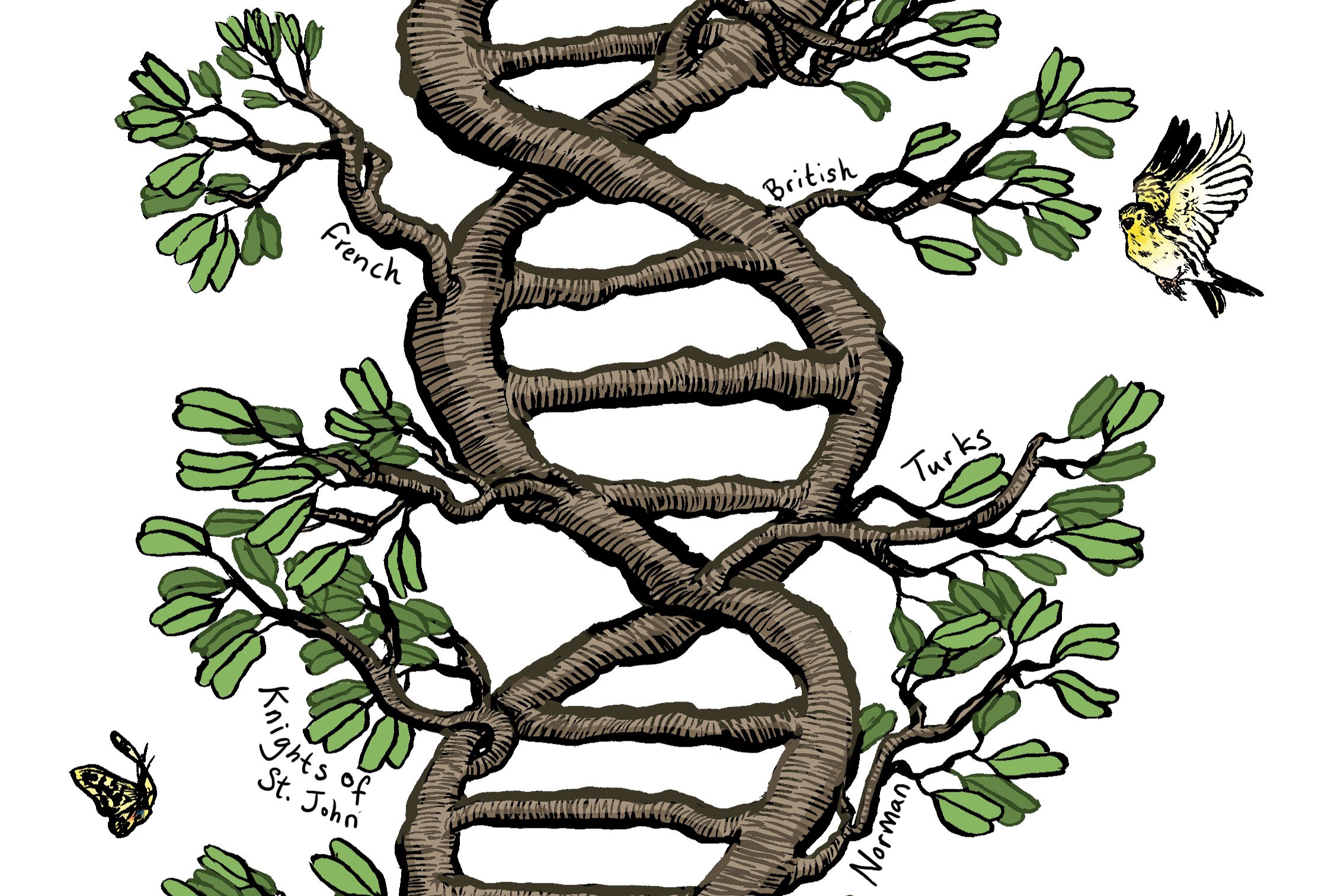The Hidden History of the Maltese Genome
By reading someone’s DNA one can tell how likely they are to develop a disease or whether they are related to the person sitting next to them. By reading a nation’s DNA one can understand why a population is more likely to develop a disease or how a population came to exist. Scott Wilcockson talks to Prof. Alex Felice, Dr Joseph Borg, and Clint Mizzi (University of Malta) about their latest project that aims to sequence the Maltese genome and what it might reveal about the origins and health of the Maltese people.
Heartbreakers
Every person possesses the same genes within every cell. Their DNA provides the information to first create an entire functioning body and then keep it running. While all humans share more than 99.9% of their DNA, it is the subtle differences in our DNA that ensure individuality. Many differences are superficial effects, like hair colour, but some can have disastrous health effects. Scott Wilcockson talks to Dr Stephanie Bezzina-Wettinger (Faculty of Health Sciences, University of Malta) about her research on these subtle differences and how they can contribute to heart attacks.
Maltese Medical Minds…ASSEMBLE!
Diseases and disorders plague humanity. They have the power to devastate the afflicted and those close to them. Globally researcher are fighting back. Recently, the Maltese branch of this international force came together at the 9th Malta Medical School Conference to present their most recent findings on matters from pediatrics and public health, to the minute mechanics of the molecular world that make us all tick. Outlined here are just two examples out of over a hundred presented on the day. Words by Scott Wilcockson.
Should we eat less meat?
Our insatiable, carnivorous appetite persists in driving an increase in the global demand and production of meat. This continues to fuel controversy over the meat industries impact on the environment and its effects on our own health. To continue the discussion, S-Cubed, the Science Student Society has recently held a debate to discuss our meat eating habits. Words by Scott Wilcockson.





